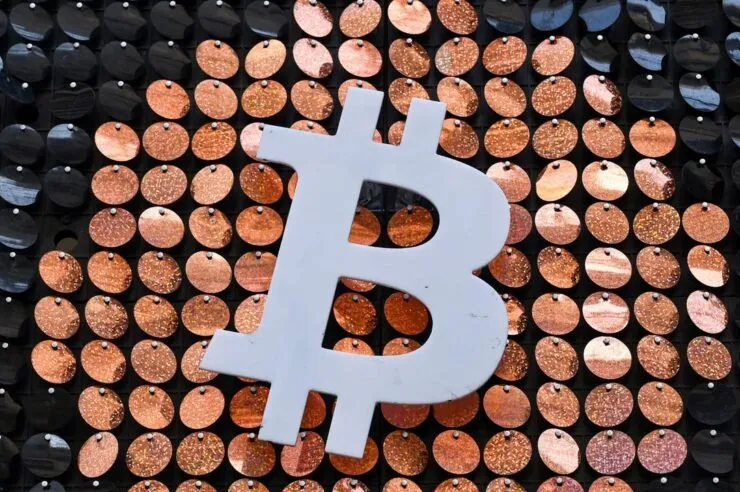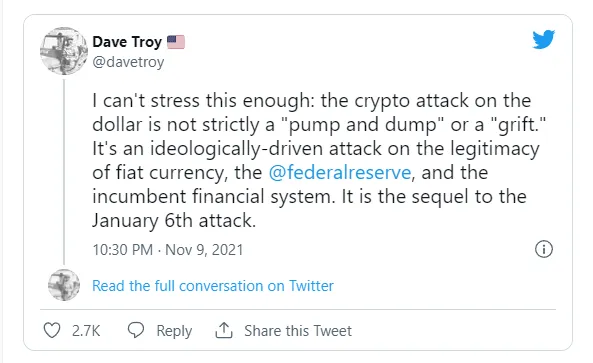The COVID-19 crisis has wreaked havoc on the economy, society and politics since the Austrian lockdown and forced vaccinations, as well as compulsory detention facilities in Austria in an effort to tackle the outbreak. This large government of many countries has become a dictatorship.

In the past 19 months, the world has come to a halt due to border and travel restrictions. World leaders launched the Great Reset to restructure the economy with the slogan. "Creating a more equitable and greener future" WEF (World Economic Forum) joins NGOs and non-governmental organizations to create a society that "You will own nothing and be happy."
The key focus of the plan is that the total money reset involves the launch of a central bank digital currency (CBDC) that can record and track people's transactions around the world.
Kristalina Georgieva, managing director of the International Monetary Fund (IMF), who joined the project, said the economic policies underlying the Great Reset are linked to mandatory vaccinations they are trying to create a new digital economy similar to a credit scoring system. China, through the use of QR codes for those who have already been vaccinated.
Bitcoin was introduced as an alternative to the system back in 2021, when US SEC President Gary Gensler admitted that Bitcoin is a competitor to the US central bank system. This year, due to the power that Bitcoin has, it has become a new global currency regime.
They have increasingly attacked Bitcoin, while the opposition has argued at the same time facilitating the strengthening of the Bitcoin network.
Bitcoin reputation attack
This year kicks off with an old narrative of Bitcoin linked to a criminal case on January 13, 2021. European Central Bank Head Christine Lagarde attacks Bitcoin's reputation for how it can facilitate organized crime.
Christine's negative attitude towards Bitcoin was shared by her colleague Janet Yallen, now the US Treasury Secretary. Speaking at the Senate Finance Committee hearing Jan. 19, Janet said, "cryptocurrency being used illegally and should be devalued."
Anti-Bitcoin sentiment
As lawmakers try to devalue Bitcoin through various regulations, Bitcoin has been pushed through politics over time and inflation has rapidly escalated, an "anti-Bitcoin" sentiment has emerged on social media. Blockchain entrepreneur and TED speaker Dave Troy blames Bitcoin for weakening the dollar:

